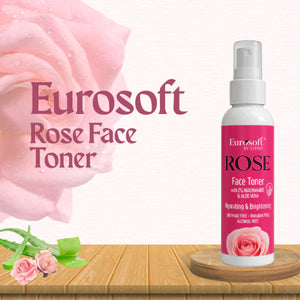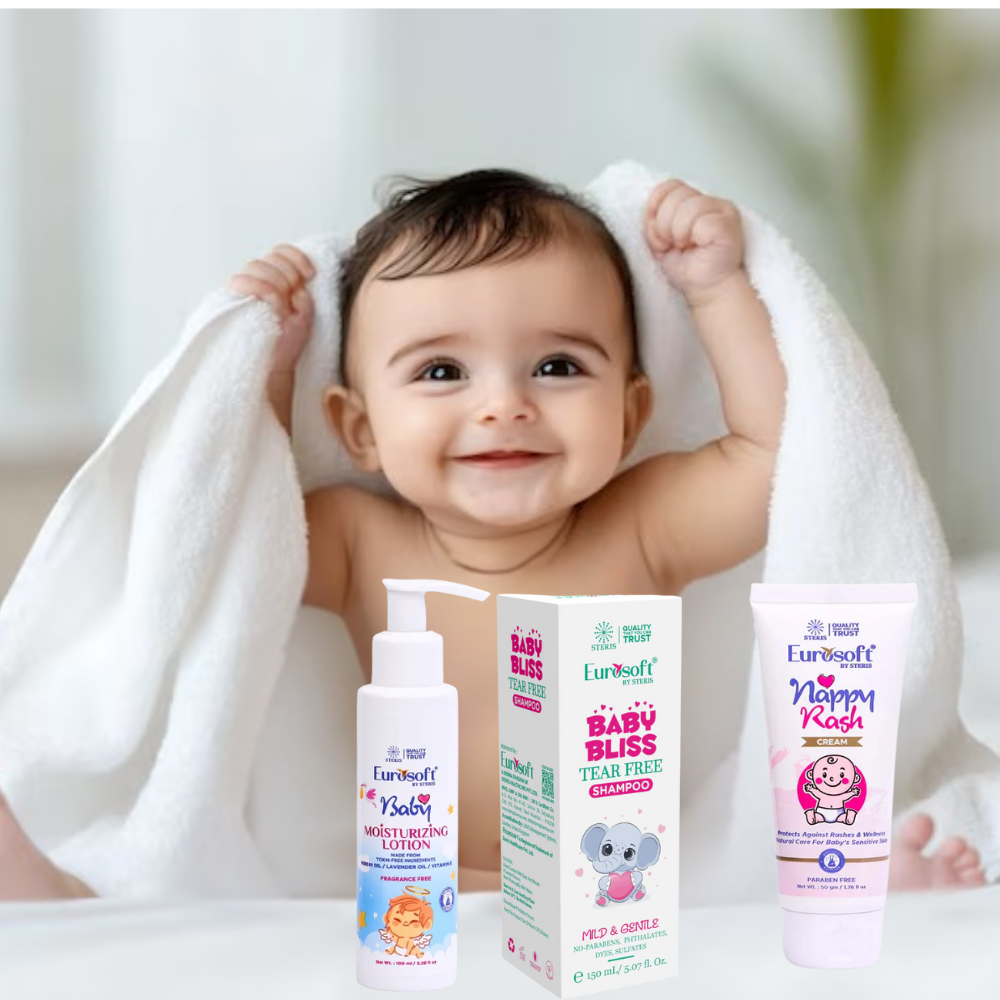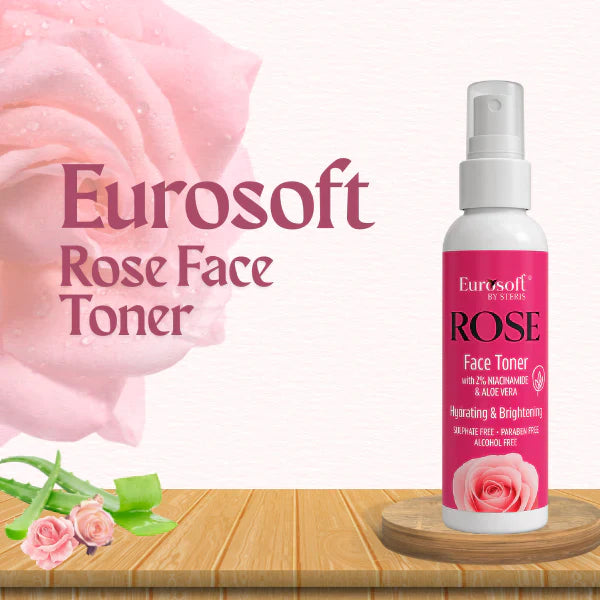When a new life arrives, the desire to give the best care possible is natural and all-consuming for parents. One of the key aspects of infant care is choosing appropriate baby care products. But with an overwhelming market, many brands, and varying claims, parents often ask: “which is the best baby care product?” or more specifically, “which is the best baby care products in India?”

In this article, we explore the uses, advantages, benefits, and potential side effects of typical baby care products. We also offer guidelines on how to choose safer products, review some popular options in the Indian market, and conclude with recommendations you can adopt with confidence for your child’s well-being.
We will repeatedly use and address your keywords:
-
best baby care products in India
-
which is the best baby care products in India
-
best baby care products
-
what are the best baby care products?
-
best baby care products for newborns
-
best baby care products for dry skin
-
best baby care products for newborns skin
-
best baby care products for all skin types
Understanding Baby Skin and Needs
Why baby skin is different
Infants, especially newborns, have skin that is much thinner, more delicate, and more permeable than adults’ skin. The skin barrier is still maturing, and babies are more vulnerable to dryness, irritation, and absorption of external chemicals. A newborn’s skin can absorb up to 60% of what is applied topically, depending on the substance. This means that whatever is in the product—good or bad—can penetrate more easily. (See ingredient warnings below.)
Also, babies have a higher surface area-to-body weight ratio, meaning small exposures to chemicals or harsh ingredients may proportionally have larger effects.
Because of this, selecting gentle, pH-balanced, low-irritant formulations is essential.
Categories of Baby Care Products, Their Uses & Benefits
Here we discuss various categories you’ll find when searching for the best baby care products in India, and how they help (or sometimes hurt) in baby care.
1. Cleansers – Baby washes, mild shampoos, cleansing bars
Use / Purpose:
-
To clean the baby’s skin and hair from dirt, oil, milk residue, and sweat.
-
Cleansers should wash away bacteria, dust, and other contaminants, while preserving the skin’s natural oils and barrier.
Benefits / Advantages:
-
Maintain hygiene and prevent buildup of grime.
-
Mild cleansers (soap-free, pH-balanced) help keep the acid mantle intact, preventing dryness and irritation.
-
Many baby washes are tear-free and designed to be gentle around eyes and scalp.
Important Features / What to look for:
-
pH around 5.5 (skin-friendly)
-
Free from sulfates (SLS/SLES), parabens, artificial fragrance or dyes
-
Hypoallergenic
-
Dermatologist-tested
Potential Side Effects / Risks:
-
Harsh soaps or cleansers with strong detergents can strip the natural oils, leading to dryness or cracks.
-
Fragrances and preservatives may trigger allergic reactions or rashes in sensitive babies.
-
Overuse (frequent baths with cleansers) can dry out skin.

In Indian context / market:
When searching best baby care products in India, parents often highlight “gentle bath wash” or “tear-free baby wash” in their criteria.
2. Moisturizers – Lotions, creams, body milks
Use / Purpose:
-
To hydrate and moisturize baby skin after bath or when dryness is felt.
-
To strengthen the skin barrier, lock in moisture, and protect against external irritants.
Benefits / Advantages:
-
Helps reduce dryness, flaking, rough patches.
-
Creates a protective film, reducing irritation from fabrics, pollutants, and environmental dryness (e.g. in winter).
-
Can soothe and calm inflamed or irritated skin.
Best for different needs:
-
For dry skin: richer creams or ointments
-
For all skin types: lightweight lotions or body milks
-
For sensitive / newborn skin: minimal-ingredient, fragrance-free formulas
Potential Side Effects / Risks:
-
Greasy formulations may trap heat or cause folliculitis in humid climates.
-
Some ingredients (fragrances, essential oils, preservatives) may lead to allergic reactions, eczema flare-ups.
-
Overuse may block pores or interfere with skin’s natural regulation.

3. Diaper care – Diapers, rash creams, powder
Use / Purpose:
-
Diapers: keep baby dry by absorbing urine/feces
-
Rash creams / barrier ointments: protect the diaper area from moisture, friction, and irritants
-
Powders: absorb extra moisture
Benefits / Advantages:
-
Good quality diapers reduce leaks, maintain dryness, and prevent chafing.
-
Rash creams (zinc oxide, petroleum-based) form a barrier to reduce irritation, prevent and soothe diaper rash.
-
Powders (if used carefully) help absorb excess moisture, reducing skin maceration.
Potential Side Effects / Risks:
-
Powders (especially talc-based) may be inhaled by babies, causing respiratory problems.
-
Some creams may contain allergens or irritants.
-
Overuse or thick layers of cream may trap heat and moisture, ironically exacerbating rashes.
Notes / Best Practices:
-
Change diapers frequently (every 3–4 hours or immediately when soiled)
-
Use minimal amounts of cream / ointment
-
Avoid applying powder near face or in the air
-
Use breathable diapers
4. Oils and massage oils
Use / Purpose:
-
To nourish and moisturize baby skin
-
For baby massage, believed to aid circulation, relaxation, bonding
Benefits / Advantages:
-
Natural oils (e.g. coconut oil, almond oil) provide essential fatty acids, help retain moisture.
-
Massage helps in relaxation, may improve digestion, and offers sensory stimulation.
-
Some oils include ingredients with soothing or protective properties.
Potential Side Effects / Risks:
-
Some essential oils may be too strong or not suitable for newborn skin.
-
Oils with impurities or synthetic additives may cause irritation or allergic reactions.
-
Over-oiling may block pores or trap dirt.
Best for newborns / sensitive skin:
-
Use cold-pressed, refined, pure oils without added fragrance
-
Test on small patch first
-
Massage gently, not aggressively
5. Wipes, cotton wool, and accessories
Use / Purpose:
-
Wipes: for cleaning baby’s hands, face, diaper area
-
Cotton wool / pads: for gentle cleaning around eyes, folds, umbilicus, etc.
Benefits / Advantages:
-
Convenient, quick, and often gentle when formulated for babies
-
Moist wipes with hypoallergenic solutions can reduce irritation
-
Cotton wool is simple, chemical-free (if used with clean water or gentle cleansers)
Potential Side Effects / Risks:
-
Wipes with alcohol, strong fragrance, or harsh preservatives may irritate skin.
-
Some wipes may be less biodegradable, raising environmental concerns.
-
Overuse may damage the delicate skin barrier.
6. Other products – sunscreens, powders, balms, creams for specific needs (eczema, cradle cap etc.)
Use / Purpose:
-
To provide extra protection (sun lotion for older infants)
-
To treat specific conditions like cradle cap, eczema, dry patches, chapped cheeks
Benefits / Advantages:
-
Targeted formulations can help manage issues without needing harsher medications
-
Sun protection (for babies older than 6 months) guards against UV damage
Potential Side Effects / Risks:
-
Some sunscreens may be too strong or contain oxybenzone and other chemicals that may irritate
-
Balms or medicated creams may contain steroids or other potent agents—use only under pediatric advice
Advantages / Benefits of Using Good Baby Care Products
By choosing and using the right baby care products, you gain multiple benefits:
-
Healthy, soft, well-hydrated skin: Good moisturizers and gentle cleansers prevent dryness, flaking, and maintain the skin’s natural barrier.
-
Prevention of rashes and infections: Proper diaper care, barrier creams, and frequent changes help reduce diaper dermatitis and secondary skin infections.
-
Comfort & well-being: A baby with less itch, irritation, or tightness in skin is more comfortable, less irritable, and likely to sleep better.
-
Better sensory and bonding: Using safe oils and gentle massage can enhance tactile stimulation, parent-baby bonding, and may aid in digestion and circulation.
-
Minimized exposure to harmful chemicals: Choosing cleaner, safer formulations helps lower risk of irritation, allergies, or long-term effects from repeated exposure. There is concern about endocrine-disrupting chemicals (EDCs), parabens, phthalates and other additives.
-
Tailored care for special skin types: For babies with dry skin, eczema, or ultra-sensitivity, proper product choice helps manage these conditions rather than exacerbating them.
-
Peace of mind for parents: Using trusted, well-tested products reduces anxiety over skin issues or reactions.
Hence, when one searches “best baby care products in India”, these benefits are what parents are essentially after. The right choice is not just about brand or price, but how well the product supports the baby’s skin health, comfort, and safety.
Potential Side Effects, Risks & Cautions
Even the best-intended baby care products can sometimes produce side effects — especially given babies’ sensitivity. Here are important cautions:
1. Allergic reactions and dermatitis
Some babies may react to certain preservatives, fragrances, dyes, or botanical extracts in baby products. Redness, itch, rash, swelling, or excoriation may occur in sensitive individuals.
2. Chemical absorption & systemic exposure
Infants using multiple topical products may be exposed to several chemicals cumulatively. A classic study found newborns were exposed to an average of 48 different chemicals from 8 skin care products, and 78% had a rash.
Some products may contain phthalates, parabens, formaldehyde-releasing preservatives, heavy metals (in poorly regulated products) or other toxicants. Those carry risks ranging from skin irritation to endocrine disruption and developmental issues.
3. Over-moisturizing or occlusion
Using thick creams or oils excessively, especially in humid climates, may trap sweat, block pores, or lead to folliculitis or bacterial growth.
4. Respiratory issues from powders / aerosols
Talc-based powders or sprays may become airborne, posing inhalation risk. Babies’ lungs are delicate.
5. Misuse or overapplication
Using products intended for older children, adults, or incorrectly dosed formulations may be harmful. Products with potent active ingredients (e.g. medicated creams) should not be used without pediatric advice.
6. Incompatibility with certain skin conditions
Babies with eczema, atopic dermatitis, or very fragile skin may require tailored, dermatologist-recommended formulations; generic baby products may aggravate in some cases.
How to Choose the Best Baby Care Products in India
To select the best baby care products in India, consider the following guidelines:
-
Ingredients list transparency
Choose products with full ingredient labels. Avoid those with known harsh ingredients: parabens, phthalates, sulfates, formaldehyde releasers, synthetic fragrances, etc. -
pH-balanced, mild formulas
Especially for cleansers and washes, a pH close to that of baby skin (~5.0–5.5) is preferred. Harsh alkaline soaps can damage the skin barrier. -
Hypoallergenic, dermatologist-tested, clinically proven
Brands that emphasize these claims tend to have formulations tested for sensitive skin. -
Fragrance-free or lightly scented with gentle natural extracts (if any)
Fragrances are a common source of irritation. -
Trusted brands & manufacturing standards
In India, look for brands with certification, good reviews, and established reputation for baby care. -
Patch test first
Always test a small area for 24 hours before general use. -
Minimalism / fewer products
The fewer products you use, the less cumulative exposure to chemicals. Use only what is needed. -
Avoid unnecessary additives
Avoid over-the-top “extras” like strong flavoring, glitter, or strong “fancy” features. -
Consider climate & skin type
-
In dry, cold weather: richer creams
-
In hot, humid climate: lighter lotions or body milks
-
For dry skin babies: extra moisturization
-
For all skin types: versatile, balanced formula
-
Thus, when asking “what are the best baby care products?”, the answer is those that meet these safety, gentleness, and suitability criteria.
When you search “best baby care products for newborns skin” or “best baby care products for dry skin”, these names often come up. Many lists in India focus on mild bath washes, hypoallergenic lotions, and gentle oils.
For instance, a blog listing 7 best baby skincare products in India mentions use of natural and organic ingredients such as shea butter, aloe vera, olive oil, and essential oils (with caution).
However, be careful: “natural” or “organic” is not a guarantee of safety. Even natural botanicals can cause allergic reactions in some infants.
Best Baby Care Products for Newborns, Dry Skin & All Skin Types
Let’s specifically address some of your keyword queries:
Best baby care products for newborns
-
Must be ultra gentle, minimal, fragrance-free, often just a wash + mild moisturizer
-
Avoid unnecessary extras
-
Look for “newborn-safe”, “0+ months” labeling
-
Minimal daily routine is best to reduce exposure
Best baby care products for dry skin
-
Use richer creams such as those containing ceramides, hyaluronic acid, shea butter, petrolatum (in small amounts)
-
Use moisturizer immediately after bathing (within 3 minutes)
-
Avoid harsh soaps or frequent baths
Best baby care products for all skin types
-
Light, non-greasy lotions or body milks
-
Gentle cleansers, fragrance-free
-
If you don’t have a known skin condition, a balanced product may suffice across seasons
Thus, the best baby care products in India for you might depend on your baby’s individual skin condition and local climate. There is no single “one-size-fits-all” best, but rather a set of guiding qualities that define the “best” for your baby.
Sample Daily Baby Care Routine with Products
Here’s how a typical daily routine might look, using safe, minimal products:
-
Bath time (1–2 times a day or as needed):
-
Use a mild baby wash (no soap bars)
-
Lukewarm water
-
Gently clean—no force
-
After bath, pat dry gently
-
-
Moisturizing:
-
Within 3–5 minutes of bath, apply a gentle moisturizer to lock in moisture
-
For areas prone to dryness (cheeks, limbs), use a richer cream
-
-
Diaper change & care:
-
Clean diaper area with soft wipes or cotton + water / mild cleanser
-
Let it air dry for a moment
-
Apply a thin layer of barrier cream if needed
-
Use breathable diaper
-
-
Oil / Massage:
-
Use a pure oil (coconut, almond) without added fragrance
-
Give gentle massage, avoiding excessive pressure
-
-
Spot treatments as needed:
-
If cradle cap: use baby scalp oil or mild scalp treatment
-
If rash or eczema: consult pediatrician, use suitable medicated cream
-
-
Clothing & environment:
-
Use breathable, soft fabrics (cotton)
-
Avoid heavy clothing indoors
-
Keep room temperature comfortable
-
Tips & Best Practices
-
Always patch-test a new product for 24 hours.
-
Use minimal number of products — avoid layering many items every day.
-
Check expiry dates, avoid products after they expire.
-
Avoid applying products on broken skin unless directed by a physician.
-
Do not use adult cosmetics or strong perfumes on babies.
-
If your baby has a known skin condition (eczema, allergy), consult a dermatologist before using new products.
-
Be extra cautious with products imported or locally produced without regulatory oversight — check for safety certifications.
-
Avoid applying essential oils unless pediatric guidance is provided, as essential oils may irritate or harm infant respiratory or skin systems.
-
Do not overclean or bathe too frequently, as it can lead to skin barrier damage.
-
Monitor your baby’s skin regularly — any persistent redness, scaling, or discomfort should prompt review of product use or medical consultation.
Conclusion
Choosing the best baby care products in India is not about picking the most expensive or marketed brand, but rather selecting formulations that are gentle, safe, minimally intrusive, and appropriate for your baby’s skin type and climate.
When asking which is the best baby care product? or what are the best baby care products?, the answer lies in products that:
-
Clean without stripping
-
Moisturize without clogging
-
Protect without irritating
-
Are transparent in ingredients
-
Are tested and suitable for infants
For best baby care products for newborns, simplicity, minimalism, and ultra-sensitivity are key. For best baby care products for dry skin, look for creamy, nourishing moisturizers. For best baby care products for all skin types, choose balanced, gentle formulas.
While potential side effects exist—especially in babies—careful selection, patch testing, and moderation help reduce risks. Always stay alert to your baby’s reactions.
In summary:
-
There is no single “best baby care product in India” that fits all — the best is what fits your baby’s needs safely.
-
Use gentle cleansers + appropriate moisturizers + safe diaper care, and avoid overuse of unnecessary products.
-
Monitor for any adverse reaction.
-
Seek pediatric or dermatological advice in special cases.






